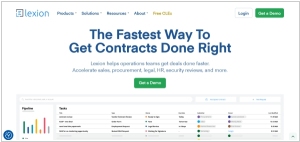Microsoft pushing Cloud OS
January 17, 2013 | Author: Michael Stromann
As you know, Microsoft's Windows Azure is the leader in cloud platform market. It's just one of several options along with Amazon Web Services, Google Compute Engine, OpenStack, VMWare vCloud. This situation is very frustrating for Microsoft, which used to be the exclusive platform (OS) vendor. Therefore, Microsoft is coming up with a new thing - Cloud OS. This is not a specific product, but rather a marketing term incorporating several systems: first of all Windows Azure, Windows Server and System Center. The idea is that the Cloud (the legendary thing that stores and processes data) is usually located not in the farm of specific provider (Amazon, Google or Microsoft). It also lives in a rented or own Internet servers and in the office (on local servers). Depending on task, budget and security requirements, each company may choose on where to host data and applications.
So Microsoft offers the Cloud OS, and says that it's an operating system that manages all the cloud, no matter what computer resources it uses (cloud platform, rented servers, virtual servers, office servers). And companies can freely move data and applications between these places. Or, for example, use computing power from the Internet to solve the task if the local server has not enough enough power.
I.e. you can think about Cloud OS as of supercomputer with unlimited power with flexible security settings. And all enterprise data and apps are working on this computer (think, in one place). And IT administrators can easily manage this supercomputer using a single control panel - System Center.
But remember, all the components of this Cloud OS should only be made by Microsoft. If you want to use Amazon Web Services instead of Windows Azure, the thing won't work. I.e. if your company will start using Cloud OS, there will be no way back.
See also: Top 10 Public Cloud Platforms


